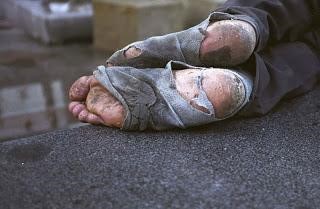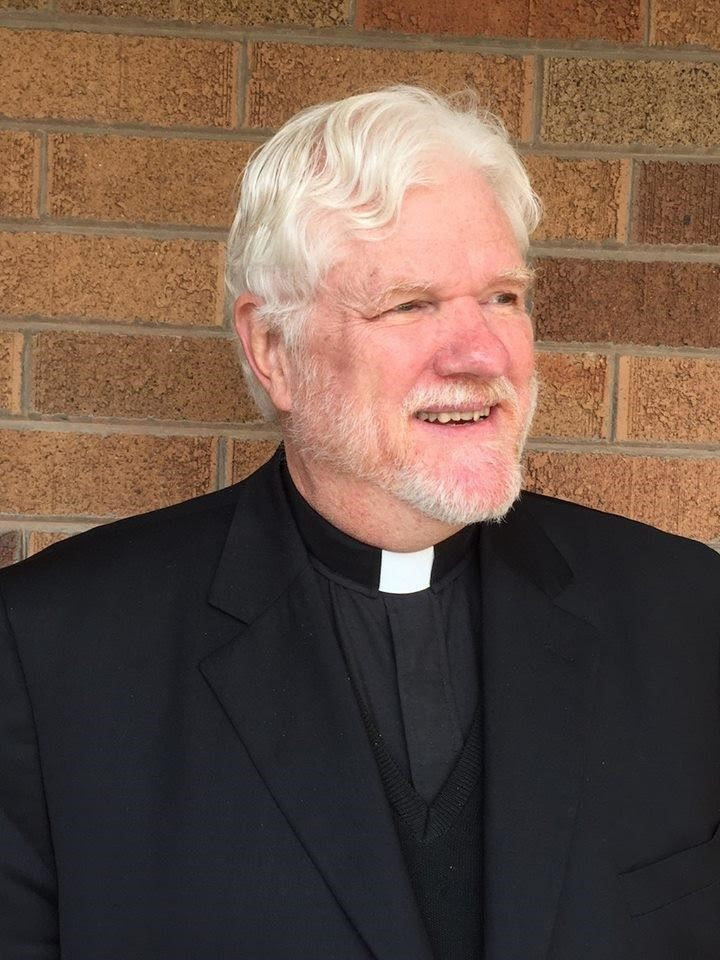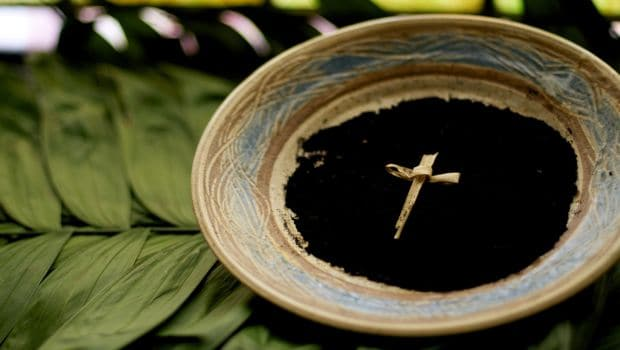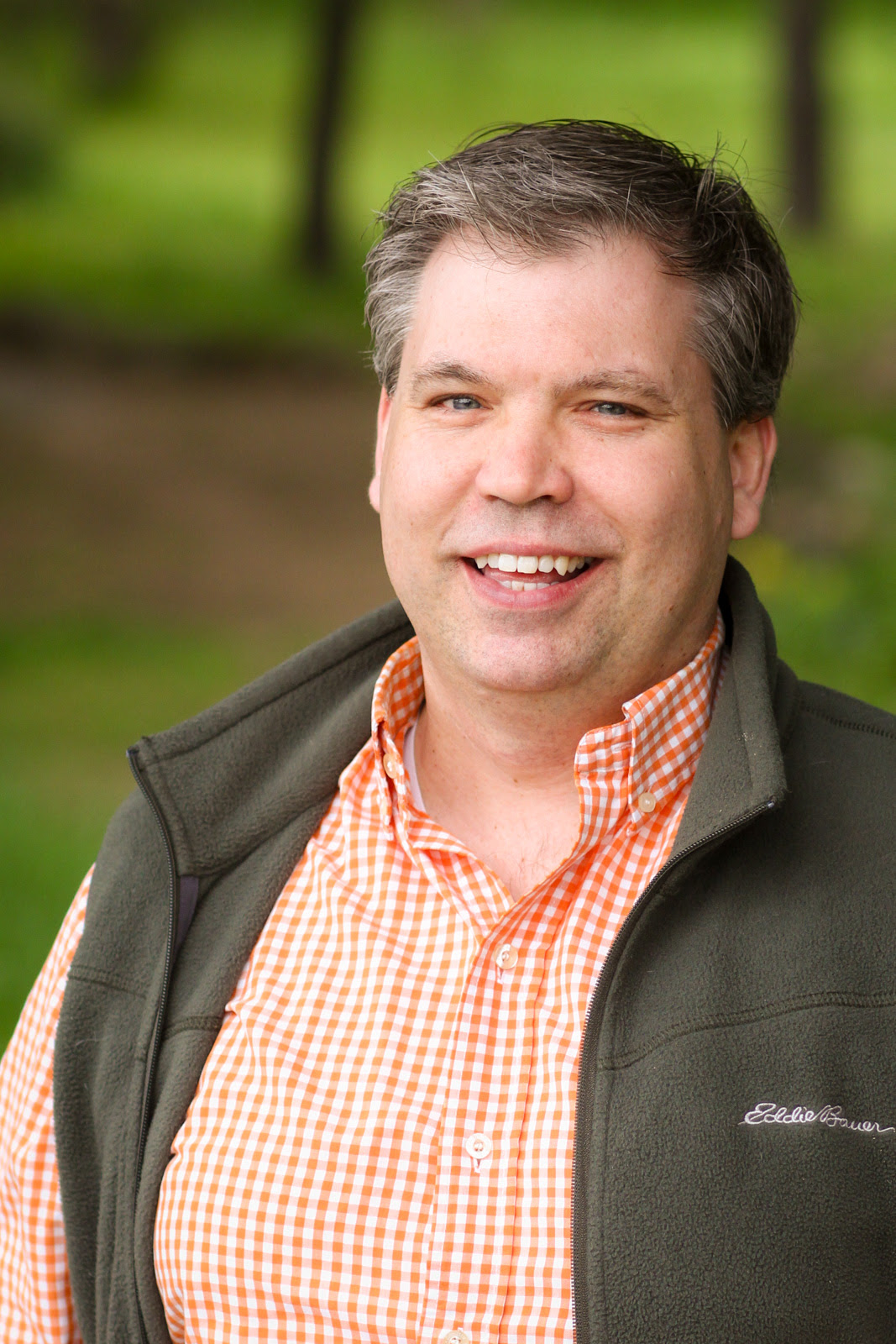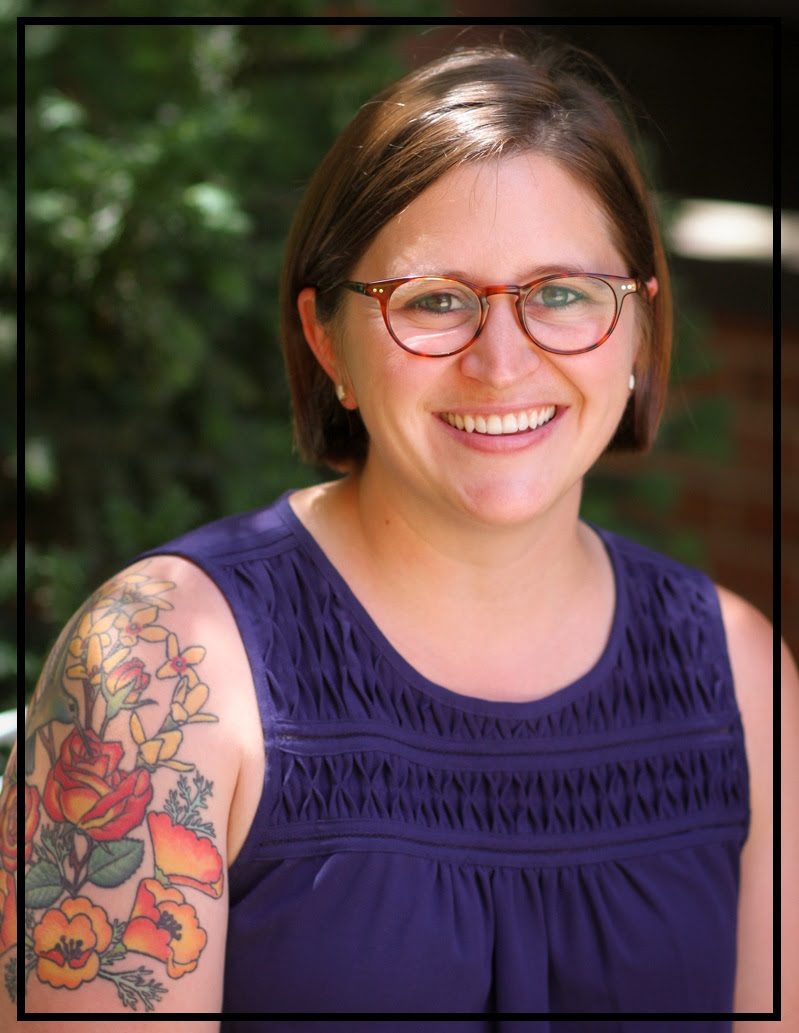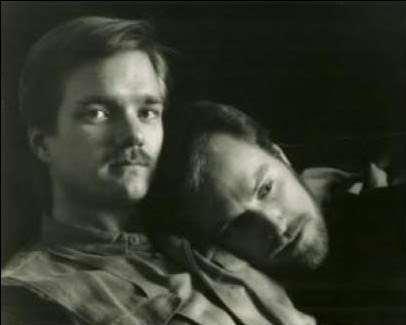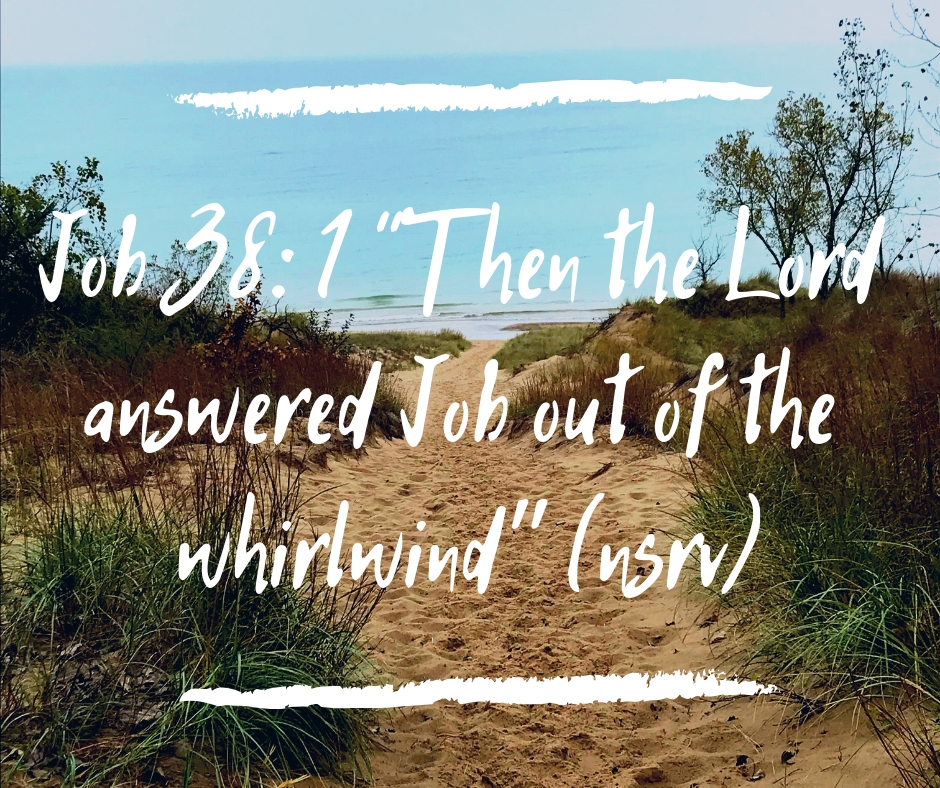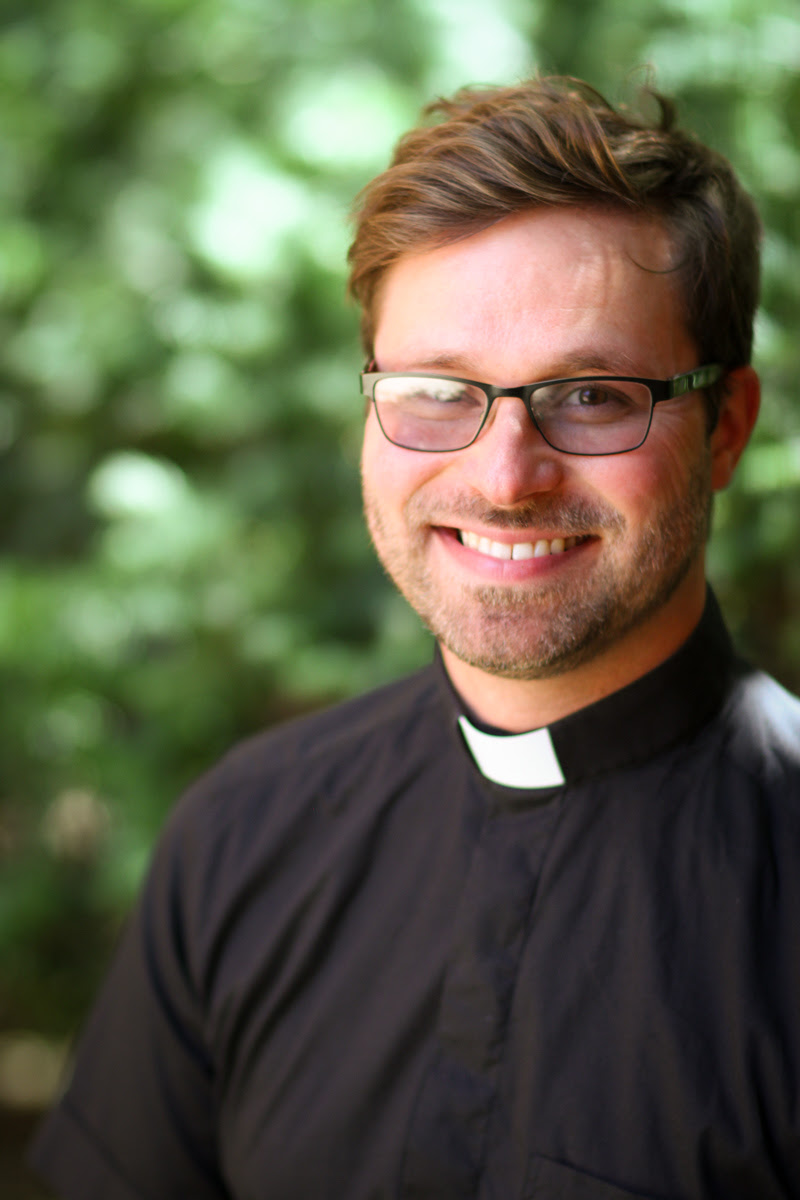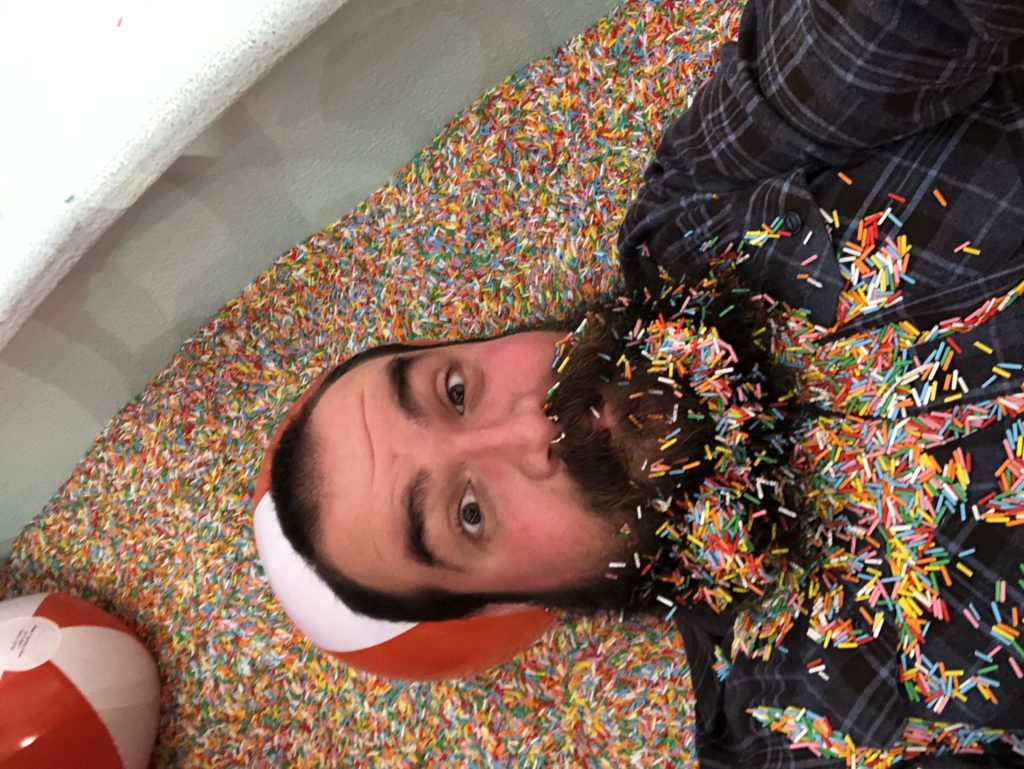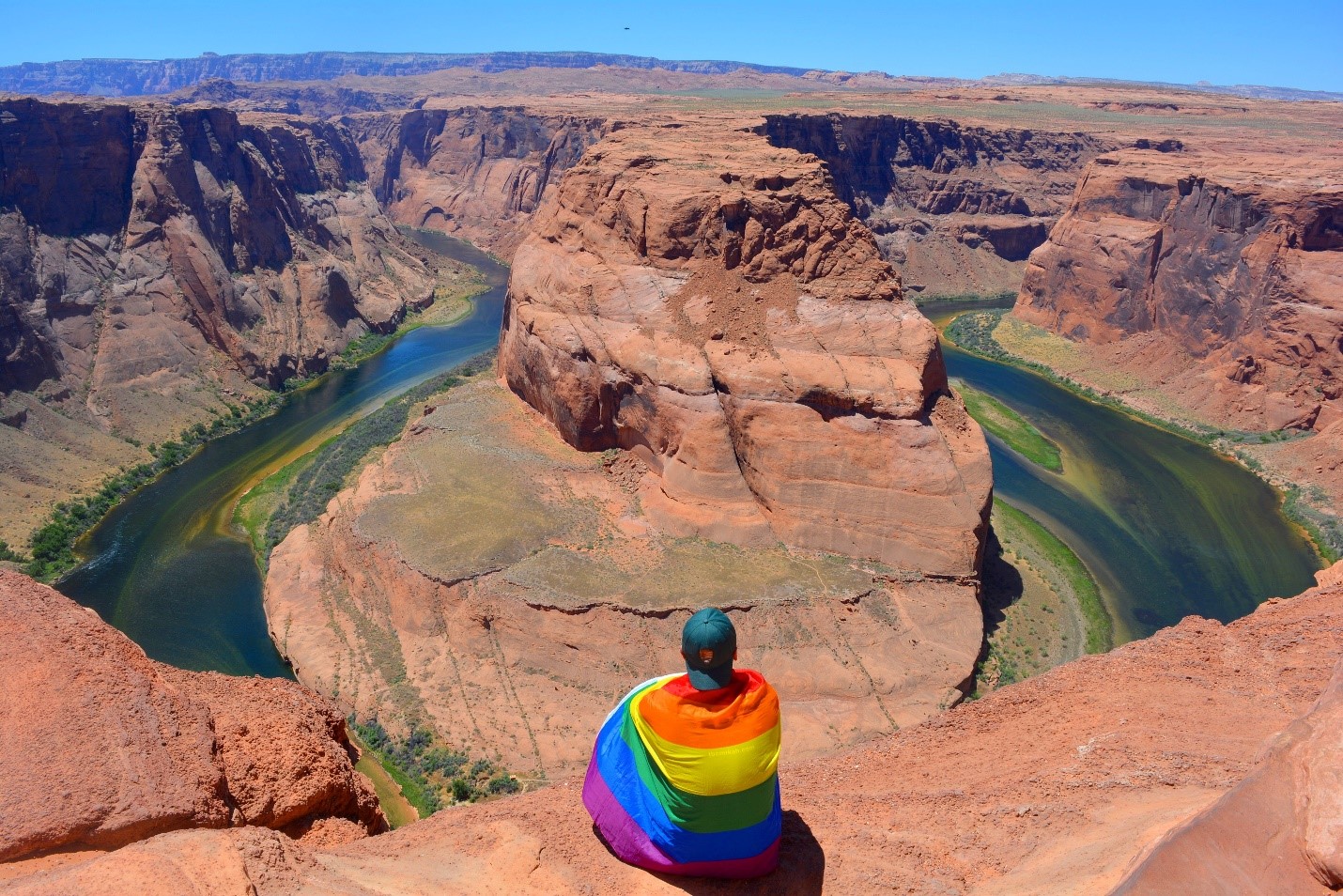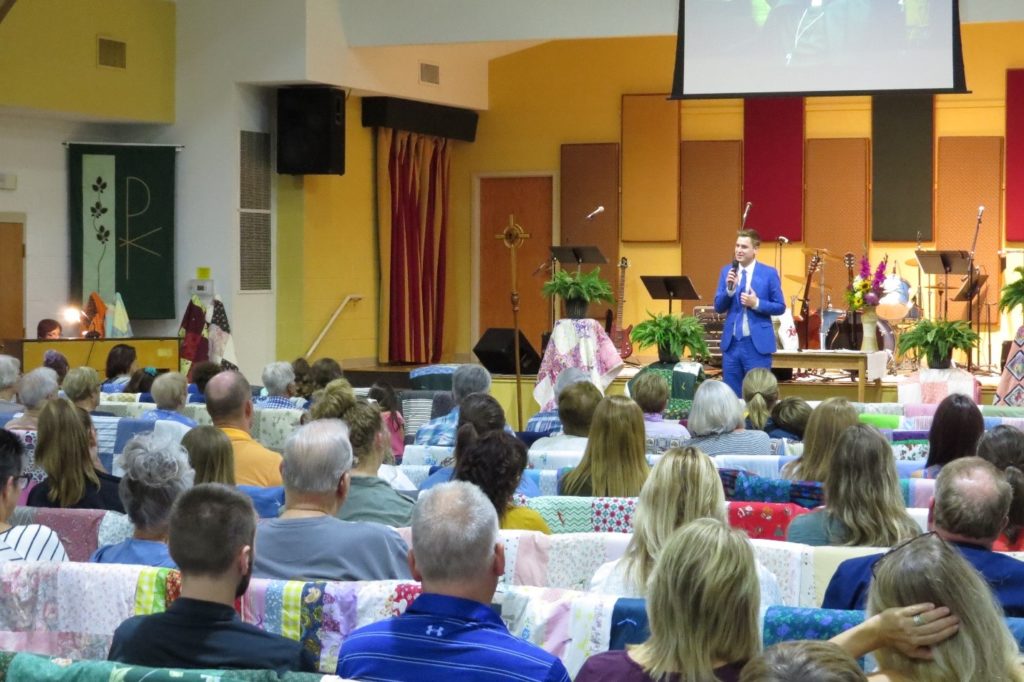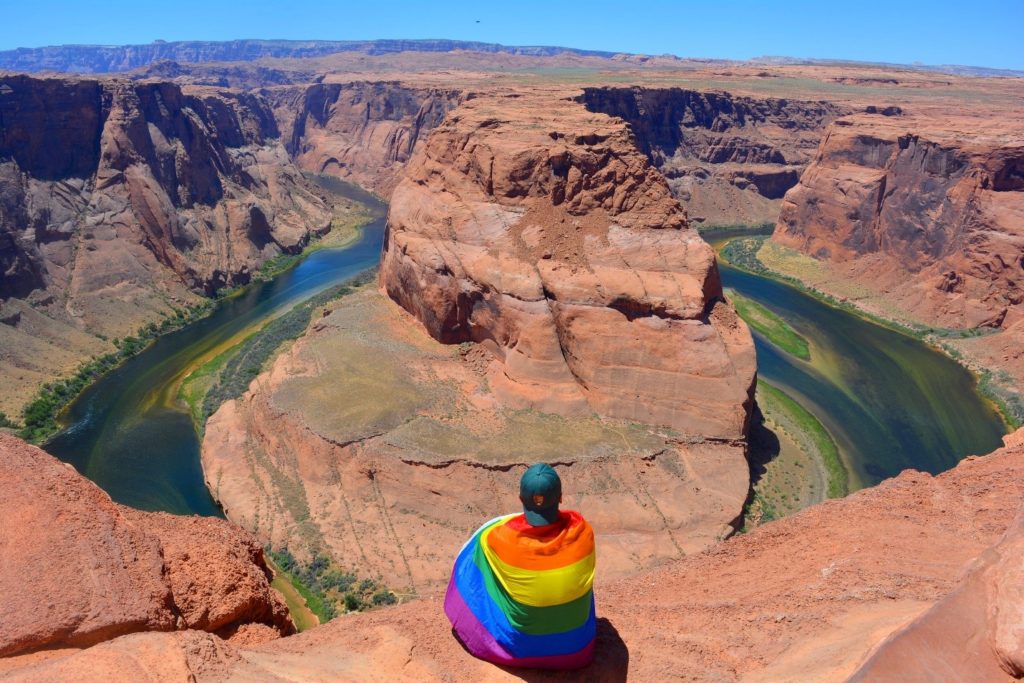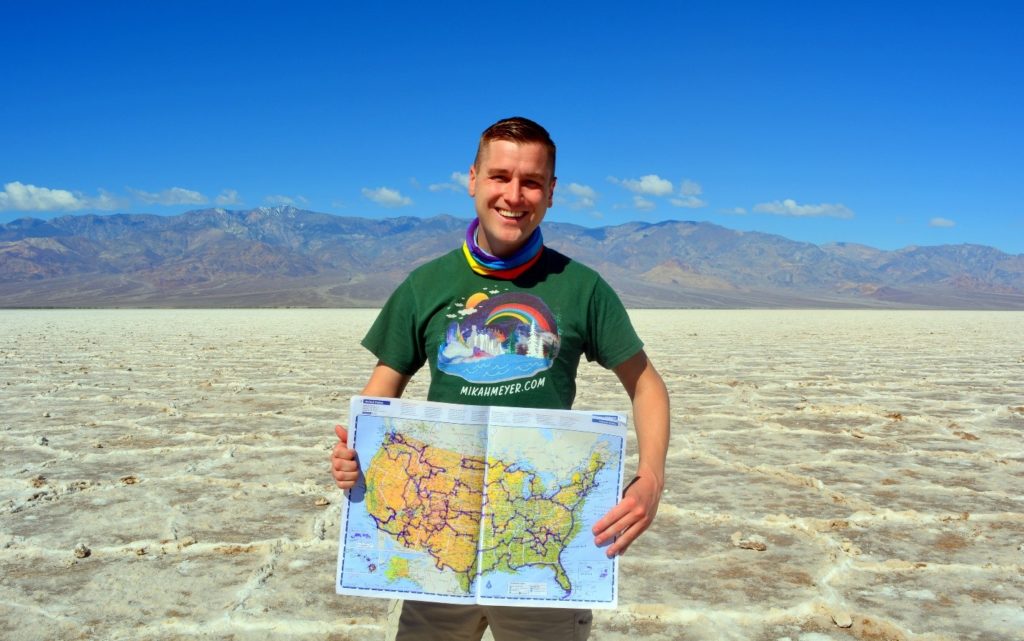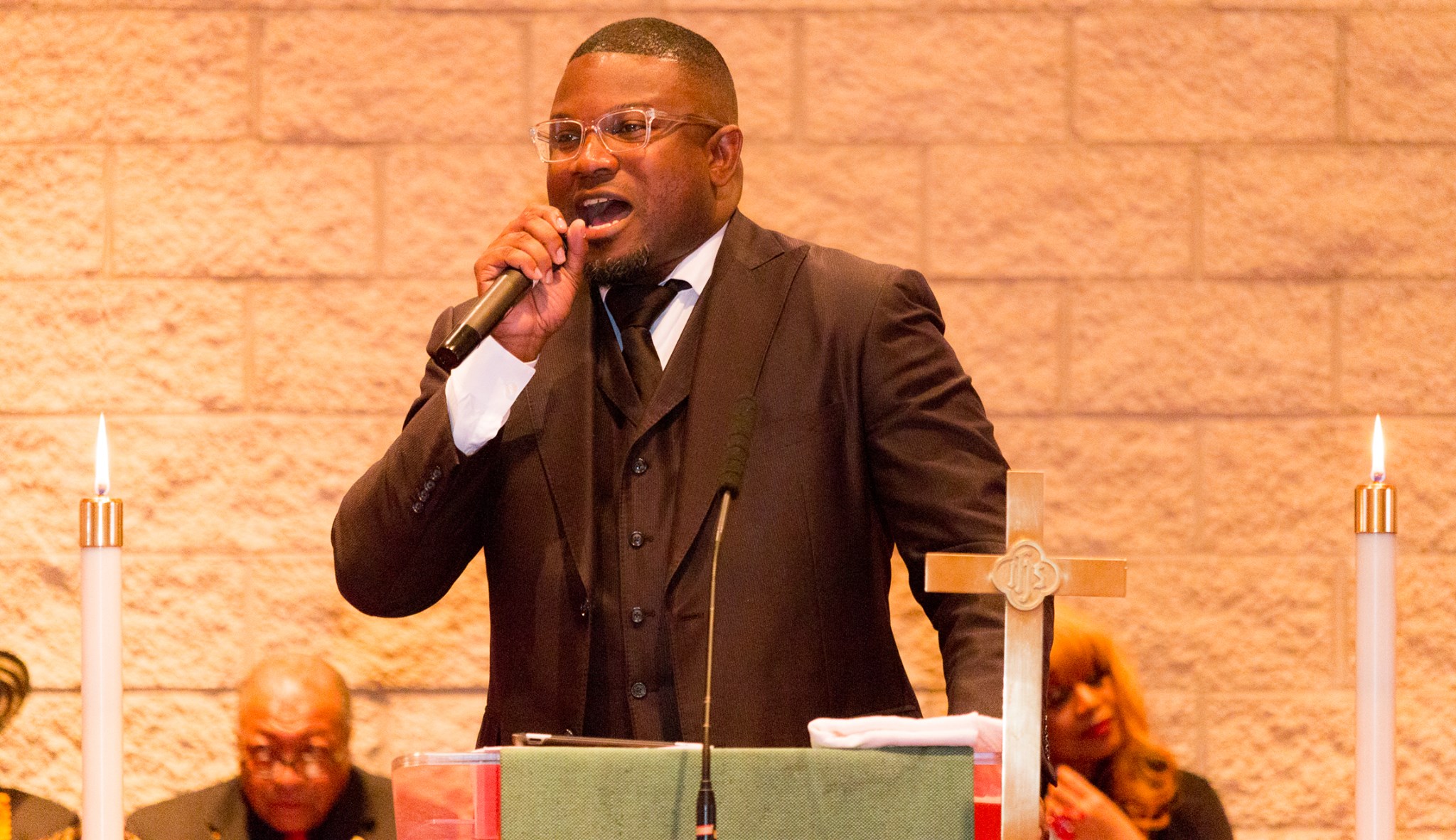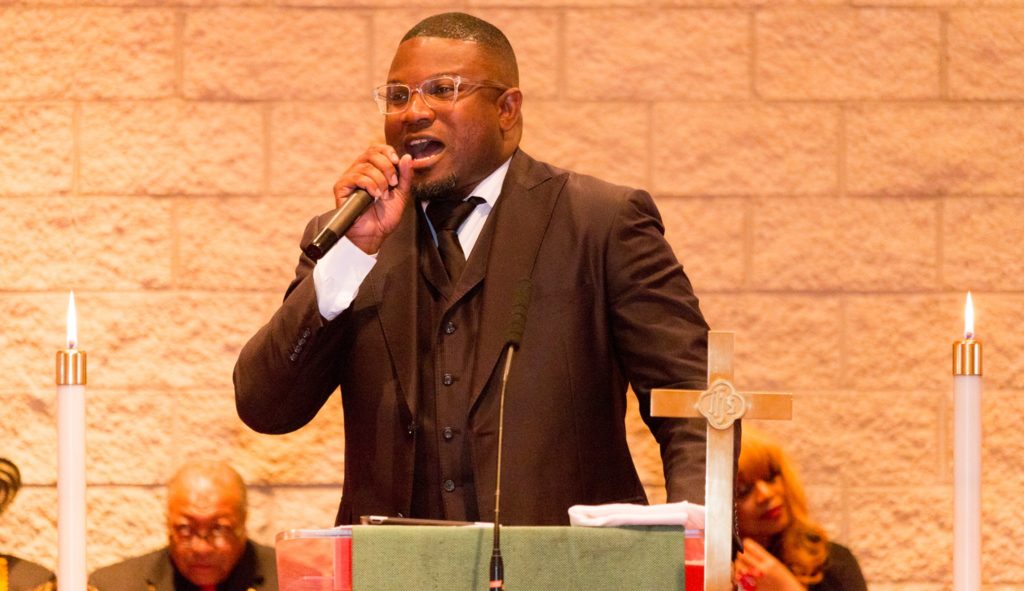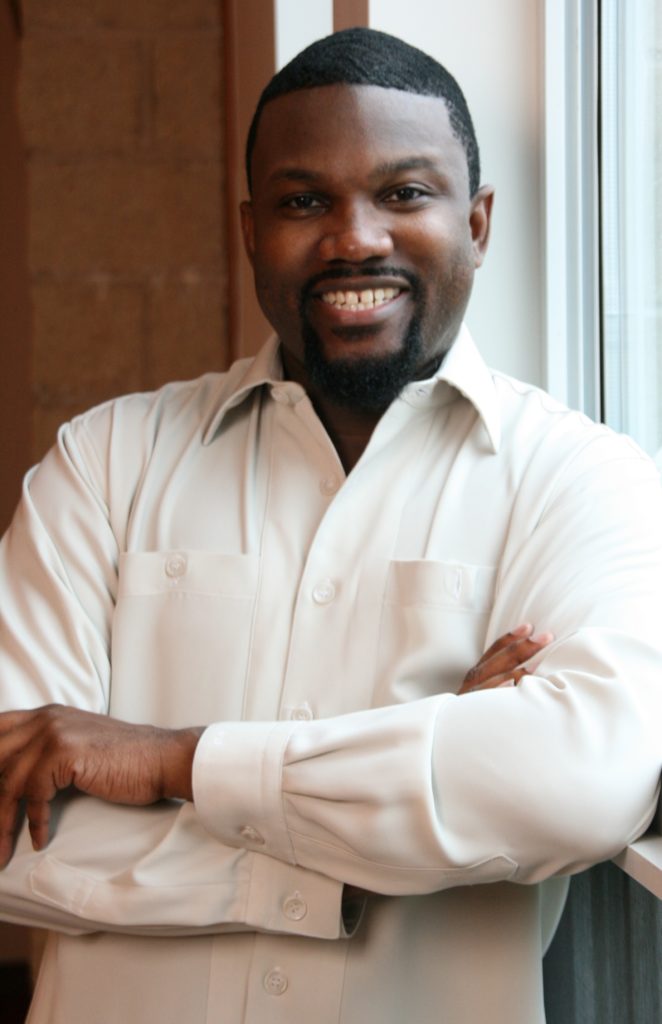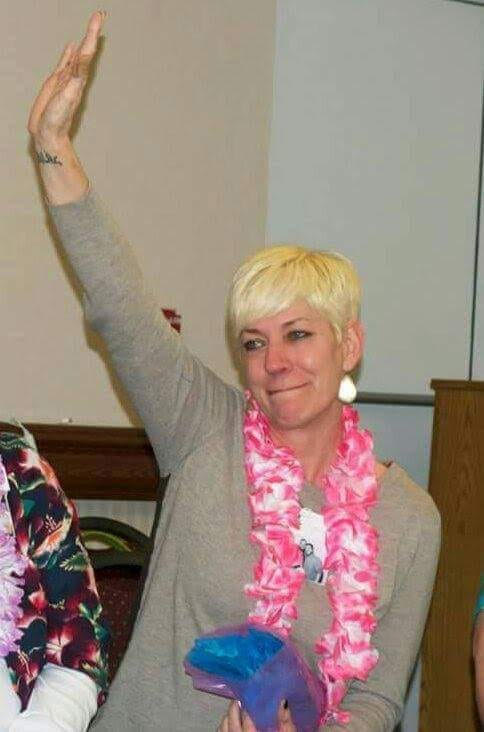By Rev. Kevin Strickland
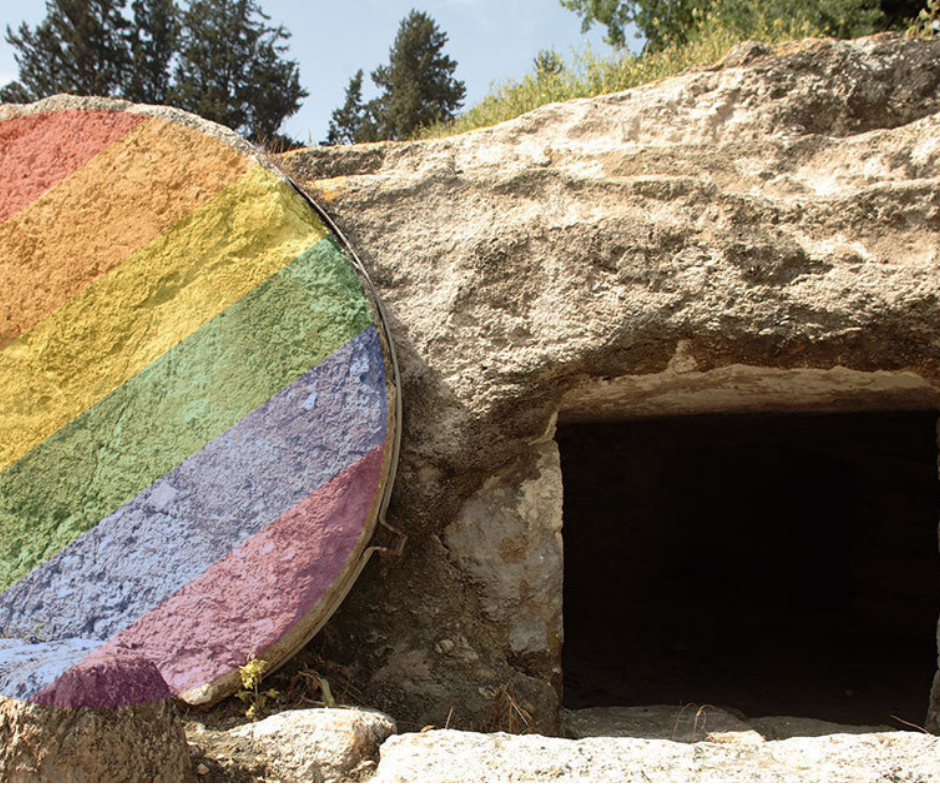
Scripture: John 20:19-31
It’s at the tomb that we discover things about ourselves. It’s at the tomb that we come to make sense of the questions that have bogged us down these weeks of Lent, in our wilderness wandering. At the tomb they all come together in one great, blinding awareness. Locked in the tombs of life, hidden in closets afraid to be our truest selves, or shackled behind doors of fear may feel easier than living in this post-tomb, post-Easter world.
When we lock doors, it is not just to keep things from coming in, it is also keeping things from going out. When we lock the doors of our hearts or of our faith or of our churches from being the nail scarred hands and feet open and unlocked to a world around us, we keep things from coming in and going out.
We belong to the company of the faithful in all times and in all places with the fingers of Thomas, needing to touch our Lord.
We need, we yearn, we groan to embrace the fullness of Jesus’ crucified and risen body, because in our bodies we sense the turmoil of the lives around us: young people who desperately seek discernment and question is church really meant for them, congregation members who wonder whether they will have a job tomorrow, colleagues who are burned out and wonder if their vocation is really cut out for them. Not to mention our own question and needs and that of our family—did Jesus really die and rise? Such a reality seems fantastic, mythical to touch the bodies of today’s world, of our world, or my world.In baptism, we are submerged into God’s nail scarred, tomb laden love.
In baptism, God in Christ reminds us that Easter did not just happen; it is still happening. Christ rose, and so can we from the death of self-doubt, personal persecution, and faithless convictions.
Thank you, God, for Thomas. We needed him in that room at the right moment. It is a healthy, doubting, powerful faith that connects his body to Jesus’ body, and in doing so, our body with Jesus’ own body, scars, wounds and all. With his rising, Jesus didn’t take on a brand-new body without any blemish; his resurrection body was the same one that was nailed to the tree. And that’s how it is with us and with the world around us—scars, wounds, and all.
May God grant us Thomas-like boldness with our faith to step out, unlock, and touch the wounds of those hands and feet that we meet all around us!
Christ is Risen! Christ is Risen Indeed! Alleluia! Amen.
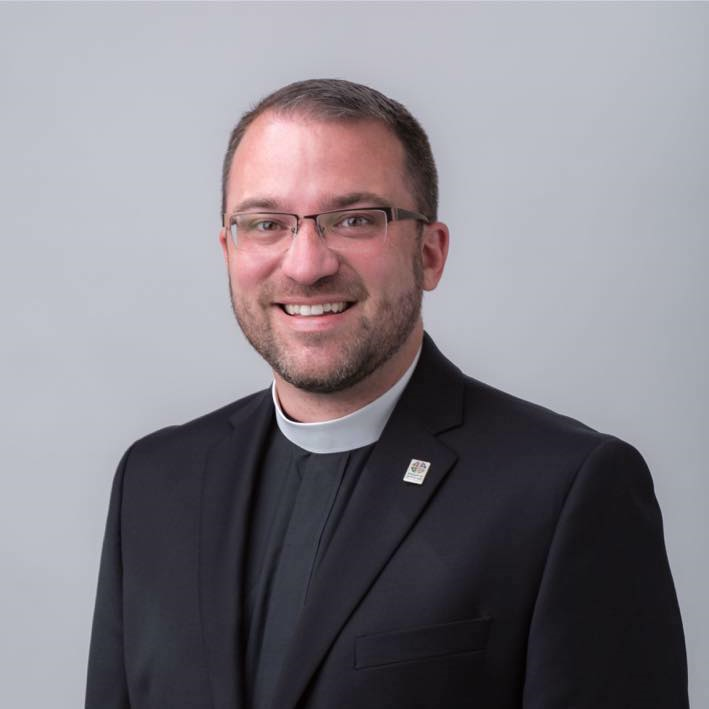
Bio: Rev. Kevin Strickland (he/him/his) has served as the Assistant to the Presiding Bishop and Executive for Worship since 2014. Prior to this call, he served as a parish pastor in Nashville, TN. He and his husband, Robby live in Chicago with their mostly adorable French Bulldog, Halsted.

